Israel’s fresh water problems have been such an on-going issue that most of the country’s drinking water supplies are now coming from several desalination plants along its Mediterranean coast line. The technology used in these plants has become so advanced that Israel is now sharing it with other countries, including neighboring Cyprus.
After experiencing one of the worst droughts in five years, recent winter rains have now helped considerably to replenish Israel’s water reserves. This includes Lake Kinneret, which has received more than 19 centimeters of water from recent rains. This amount, according to the Times of Israel news site, flowed into the lake in just two days .
Mr. Uri Schor, a spokesperson from Israel’s Mekorot Water Company, says that although this rainfall and snowfall on Mt Hermon help a lot, “they don’t erase the water shortages of the last five years”.
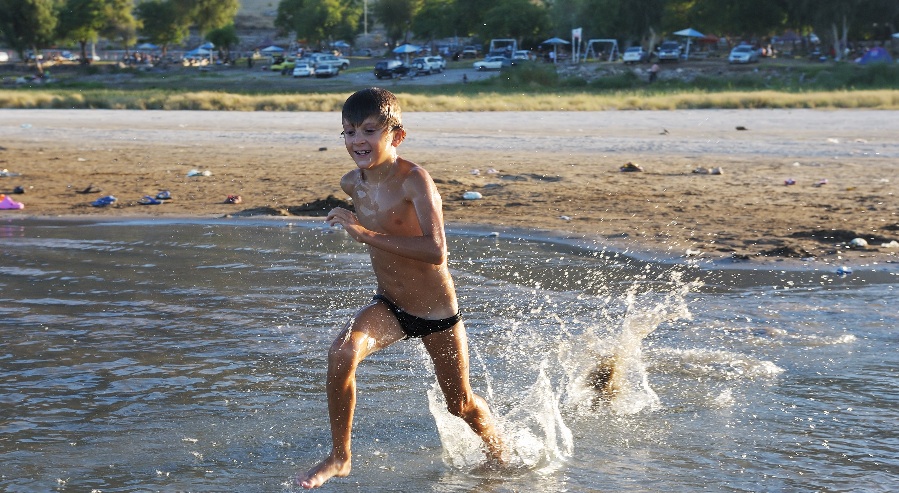
He expects this season’s rains to be average or even above average; but that it “doesn’t fix the drought”.
The Kinneret, also known as the Sea of Galilee, is the lowest freshwater lake in the world, at levels of 215 to 209 meters below sea level. Presently, the lake is 1.24 meters (4 feet) below the lower red line, and just 0.6 meters (2 feet) above the “black line”; the absolute limit to where the water quality begins to be seriously affected by the salinity from the lake’s lower saline depths. This salty bottom layer is fed by salt springs entering the lake. The black line is so dire that at this level the lake becomes increasingly saline with accompanying algae blooms. The Kinneret needs to increase its water level by at least 1.24 meters to reach the lower red line, where the water is relatively safe to use. To become full, the lake needs to rise about 5.4 meters.
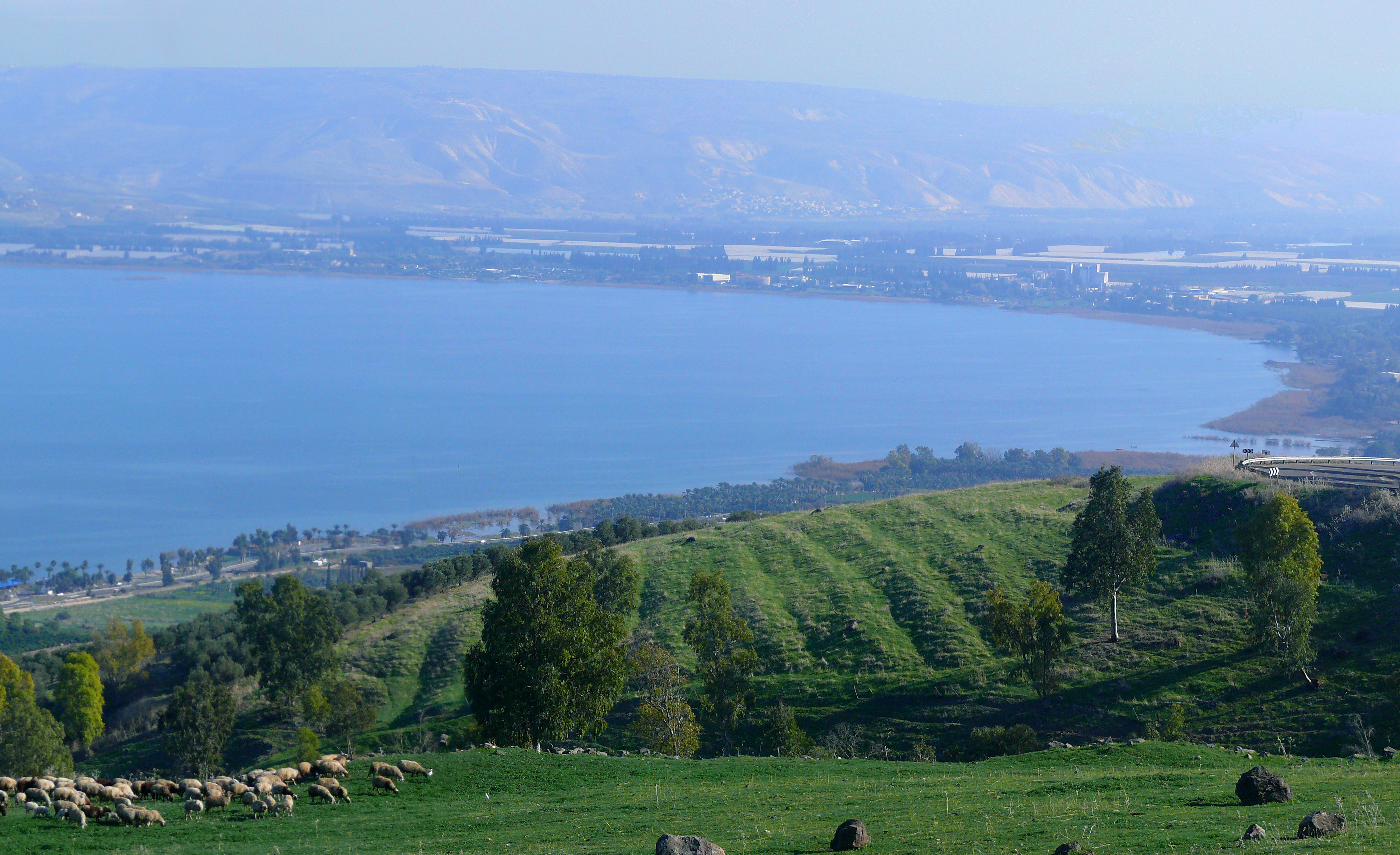
The lake is currently not being used as a major water supplier by Israel, due to its dangerously low level. Israel now depends on its desalination plants to supply as much as 85% of its fresh water needs. The Kinneret’s situation is further complicated by Israel’s obligation to supply neighboring Jordan with an agreed supply of fresh water as part of the 2013 Israel-Jordan water trade agreement .Jordan is able to receive up to 50 million cubic meters of water annually from the lake from this agreement.
Mekorot spokesperson Uri Schor attributes climate change as part of Israel’s overall water problem. “This has been the trend for the past 30 years” he says. “We know that because of climate change, Israel will get let less and less water. Sometimes more, sometimes less; but all in all, the overall trend is that there will be less and less water”.
More articles on Israel water problems and solutions:
Cyprus gets new desalination plant with Mekorot Israel’s know-how
Israel and Jordan strike brilliant water trade deal
Wastewater treatment from Israel wins UN recognition

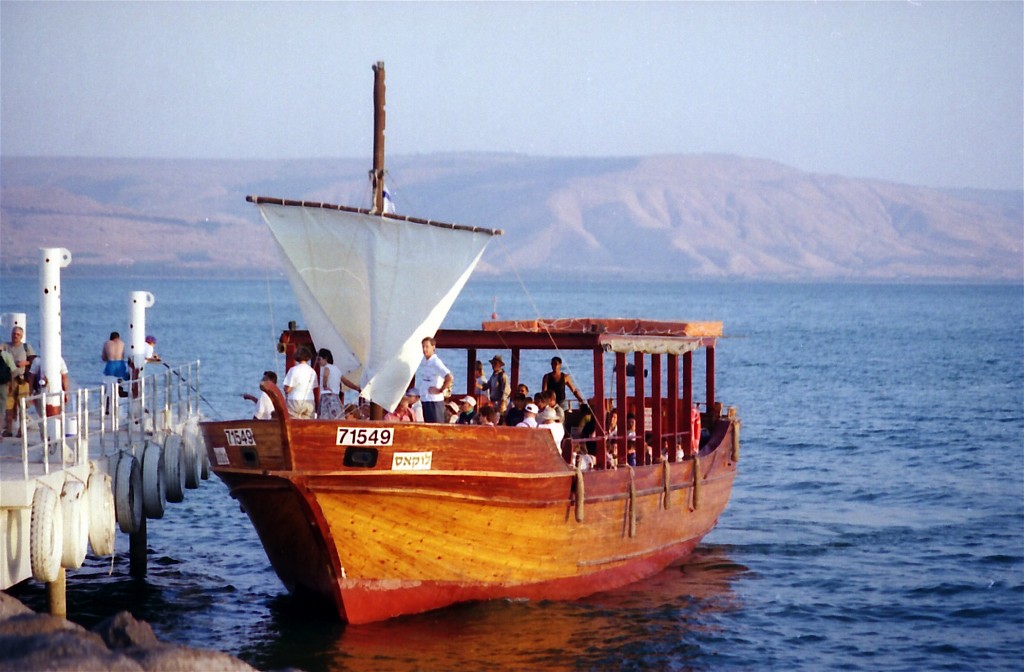
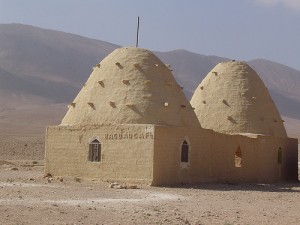
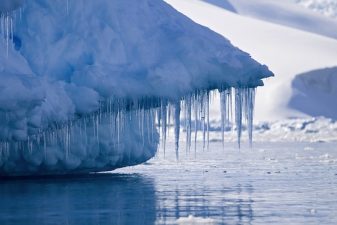
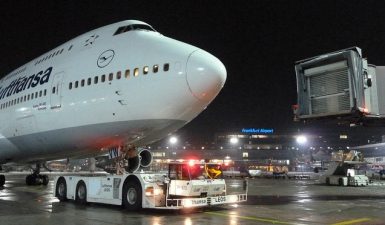
One thought on “Sea of Galilee still critical water levels, despite winter rain”
Comments are closed.